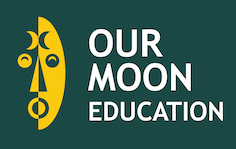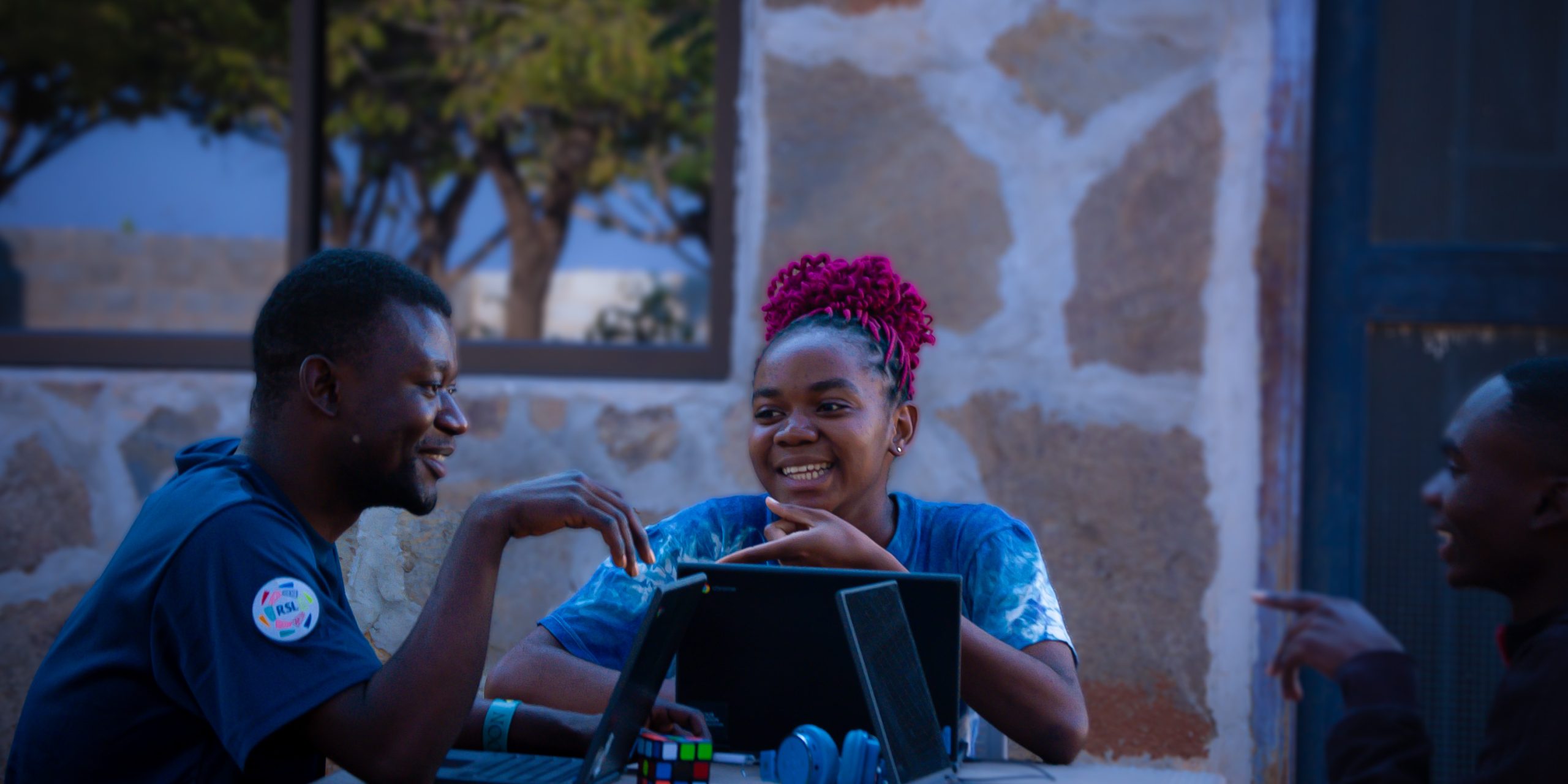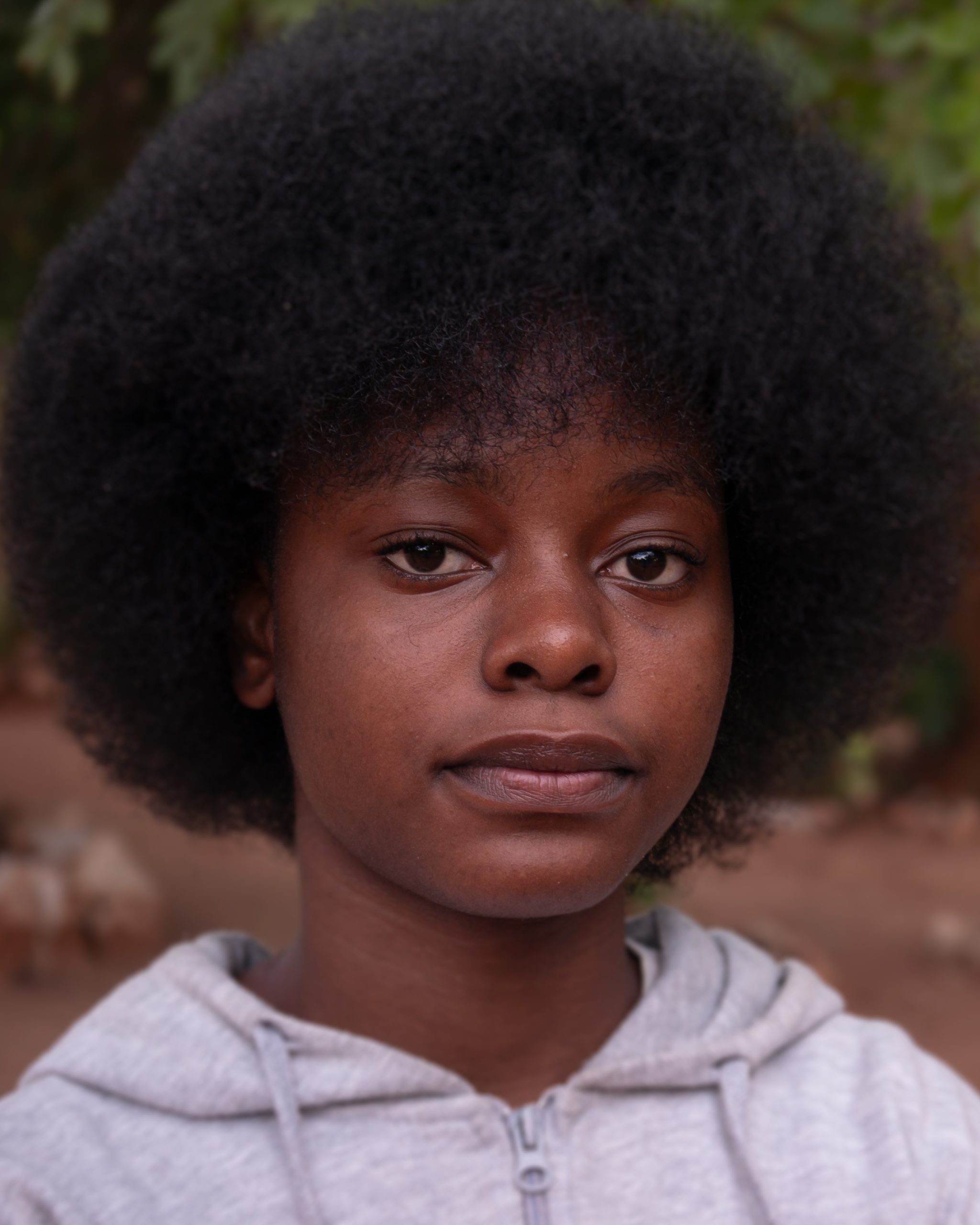Chipalo calls for action towards corruption and encourages everyone, especially her fellow youths to be the change they want to see if corruption is to be fought.
When we think of corruption, we often think of stolen money, property and the like. Truthfully, that is what corruption is, but it is also so much more than that. We often overlook the detrimental and catastrophic aftermath of corruption. I am a victim of corruption. While it may seem beneficial to the instigators, it is absolutely unfair to those who are negatively impacted. My definition of corruption is the dishonest or unethical conduct by people or individuals in positions of authority or power. Frequently, these people or individuals work for companies or government bodies, and abuse their power through bribery, embezzlement and exploitation of other people for personal gain. Corruption takes place in many countries around the world – in some countries more overtly than others. However, I would like to focus this blog on corruption in my country, Zambia, and on the African continent.
The challenge of corruption is not new or unheard of in Africa. In my primary and secondary school days, I would often hear cases of bankruptcy because government officials had stolen from the government or mismanaged public funds. I would begin to wonder why these cases were persistent and consistent, and would question if anything was being done to fight the problem. This also led me to my imagination of a corrupt-free Africa, an Africa where all the public funds and government resources were used for the benefit of all and not for one. Imagine how different our lives would be!
The endless cycle of corruption
I have grown up seeing the challenge of corruption continue to spiral in an endless cycle and the detrimental effects it has on my country and continent. It is estimated that Africa loses 50b$ to corruption per year (Tafirenyika, n.d.). Knowing such a large amount of money is taken for the personal gain of individuals is concerning. Most corruption is not exposed but it does not go unnoticed. Over the years our continent’s image has been tarnished due to the constant rising levels of corruption. It keeps investors away and acts as a hindrance to the development of African countries. In 2018, an inquiry ordered by Zambia’s president uncovered the ‘misappropriation’ of 4.3m$. The money had gone missing from The Social Cash Transfer programme, which allocates money that is paid directly to the poorest. As a result of this, the UK, Ireland, Finland and Sweden froze their aid as they took a zero-tolerance approach to corruption and fraud.
The most vulnerable populations are the ones that suffer most because the funds and resources are supposed to benefit us. We are put in a position to fend for ourselves in a world with few opportunities and resources for the poor. Misallocation and misappropriation of funds deprives us of good health care, education and facilities. It snatches our only chance at elevation from poverty. The most disheartening part is that it is not only us who suffer now, but also future generations will be severely impacted, if change is not made now.
The way forward
From grand schemes to petty cash theft, government officials to bus drivers, government institutions to the streets, corruption takes place in some shape or form. After seeing it all, I have come to realise that bad practices are passed on to future generations. Despite efforts to help curb the cycle of corruption, it continues to persist because we are perpetuating the cycle ourselves. It can be easy to think that fighting corruption is out of our hands. This is not the case! Today’s youth has an obligation to fight against corruption. We have to start by advocating for the strengthening of our legal systems, corruption laws, transparency and accountability. We have to protest for the penalisation of corrupt individuals and institutions. We also have to be aware of ourselves, not to continue walking along the trail left by the last generation. We cannot change other people but we can change ourselves and build a corrupt-free Africa.
References
Tafirenyika, M. (n.d.). Africa loses $50 billion every year | Africa Renewal. the United Nations. Retrieved June 16, 2024, from https://www.un.org/africarenewal/magazine/december-2013/africa-loses-50-billion-every-year
Zambia aid: UK suspends funding over corruption fears. (2018, September 18). BBC. Retrieved June 16, 2024, from https://www.bbc.com/news/world-africa-45560404


